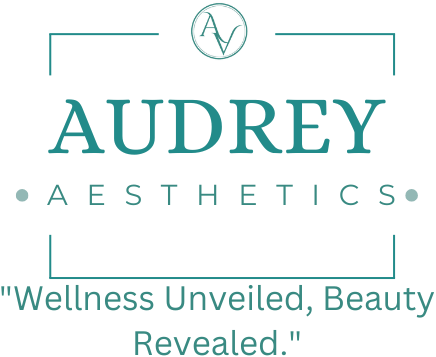
Best Acne Treatment in Delhi
Acne is a skin condition that occurs when your hair follicles become plugged with oil and dead skin cells. It causes whiteheads, blackheads or pimples. Acne is most common among teenagers, though it affects people of all ages.
Effective acne treatment clinic in Delhi are available, but acne can be persistent. The pimples and bumps heal slowly, and when one begins to go away, others seem to crop up.
Depending on its severity, acne can cause emotional distress and scar the skin. The earlier you start treatment, the lower your risk of such problems.
What causes acne?
Acne occurs when the pores of your skin become blocked with oil, dead skin, or bacteria. Each pore of your skin opens to a follicle. The follicle is made up of a hair and a sebaceous (oil) gland. The oil gland releases sebum (oil), which travels up the hair, out of the pore, and onto your skin. Sebum helps keeps your skin lubricated and soft. One or more mishaps in this lubrication process can contribute to acne.
Acne might occur, for example, when:
- Your follicles produce too much oil
- Dead skin cells accumulate in your pores
- Bacteria build up in your pores
Any of these concerns can lead to pimples, which develop when bacteria grow in a clogged pore and the oil can’t escape.
NUTRITION
- Low glycemic index diet. Cutting back on foods with a high glycemic index, such as refined carbs and added sugars, could help reduce acne lesions.
- Milk products. Consuming certain milk products, like milk and ice cream, seems to worsen acne for some people. However, cheese, as well as nonmilk dairy products, don’t seem to worsen acne.
- Fat and fatty acids. Omega-3 and omega-6 fatty acids may help reduce acne breakouts.
These procedures work by removing damaged skin and reducing oil production. They include:
- Photo rejuvenation therapy: It uses a special light or laser to reduce oil production and bacteria. Other laser treatments can also help improve acne and scarring.
- Dermabrasion. This type of exfoliation removes the top layers of your skin with a rotating brush. The procedure works best for treating acne scarring, not acne itself. Microdermabrasion is a milder treatment that helps remove dead skin cells.
- Chemical peel. This treatment removes the top layers of your skin to reveal less damaged skin underneath. Chemical peels can improve mild acne scarring.
Even with treatment, flare-ups can still happen. Persistent acne may require additional or long-term treatment. It’s always best to work with a dermatology clinic in Delhi to find the most effective acne treatment in Delhi for regular or severe acne breakouts.
Preventing acne
It’s not always possible to completely prevent acne, but you can take certain steps at home to help lower your chances of getting pimples or acne breakouts.
Try these tips:
- Wash your face daily with an oil-free cleanser.
- Try an OTC acne cleanser to help remove excess oil.
- Use water-based makeup or products labeled “noncomedogenic” — this means they’re less likely to clog your pores.
- Avoid skincare and makeup products that contain oil.
- Always remove makeup and cleanse your skin thoroughly before bed.
- Shower or wash your face after exercising.
- Tie back your long hair to keep it out of your face.
- Avoid tight-fitting hats, headbands, and clothing that covers breakout-prone areas.
- Eat a balanced diet, and stay hydrated.
- Take steps to reduce stress.
